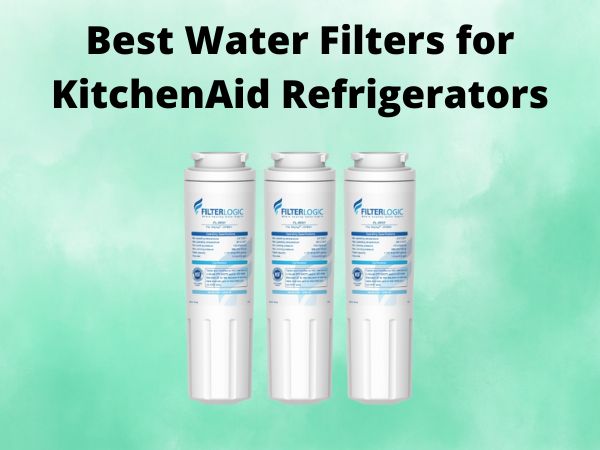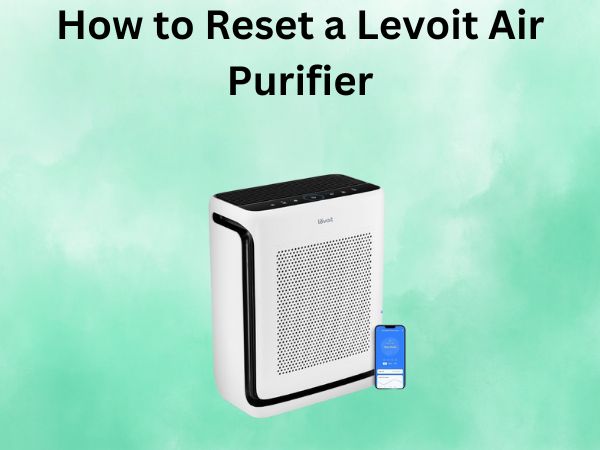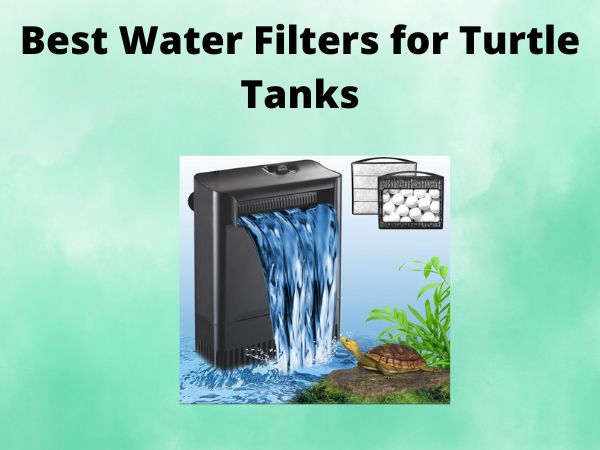Absorption vs Compressor Refrigerator: Which One Is Right for You?
Are you in the market for a new refrigerator but feeling a bit overwhelmed by all the options? If so, you’re not alone. Choosing the right refrigerator can be a daunting task, especially when you have to decide between an absorption and a compressor model. But fear not, my friend! In this comprehensive guide, we’ll dive deep into the world of refrigeration technology and help you determine which type is the perfect fit for your needs.
Table of Contents
Understanding the Difference: Absorption vs Compressor Refrigerators
Refrigerators come in two primary types: absorption and compressor. The key difference between the two lies in the way they generate the cooling effect. Let’s take a closer look at each one:
Absorption Refrigerators
Absorption refrigerators, also known as absorption coolers, use a heat-driven cycle to create the cooling effect. They rely on a solution of ammonia, water, and hydrogen to absorb heat from the inside of the refrigerator and expel it to the outside. This process is powered by a heat source, such as natural gas, propane, or even solar energy in some cases.
One of the main advantages of absorption refrigerators is their ability to operate without the need for an electric compressor. This makes them a popular choice for off-grid living, RVs, and boats, where access to reliable electricity may be limited.
Compressor Refrigerators
Compressor refrigerators, on the other hand, use a mechanical compression cycle to generate the cooling effect. They rely on a compressor, which is powered by electricity, to circulate a refrigerant through the system. As the refrigerant passes through the coils, it absorbs heat from the inside of the refrigerator and expels it to the outside.
Compressor refrigerators are the more common and widely used type of refrigerator, found in most homes and commercial settings. They are known for their efficient cooling performance and the ability to maintain a consistent temperature throughout the refrigerator.
Factors to Consider: Which One is Right for You?
Now that you have a basic understanding of the two types of refrigerators, let’s dive into the factors you should consider when making your decision:
Energy Efficiency
One of the primary considerations when choosing a refrigerator is energy efficiency. Absorption refrigerators tend to be less energy-efficient than their compressor counterparts, as they require a constant heat source to operate. Compressor refrigerators, on the other hand, are generally more energy-efficient, making them a better choice for those looking to save on their energy bills.
Noise Level
If you’re looking for a quieter appliance, absorption refrigerators may be the way to go. Since they don’t have a compressor, they typically operate with less noise compared to compressor models. This can be a significant advantage if you have a small living space or value a peaceful environment.
Portability and Off-Grid Use
As mentioned earlier, absorption refrigerators are a popular choice for off-grid living, RVs, and boats, as they can operate without the need for a traditional electrical power source. If you plan to use your refrigerator in remote locations or in areas with unreliable electricity, an absorption model may be the better option.
Cooling Performance
When it comes to cooling performance, compressor refrigerators generally have the edge. They are able to maintain a more consistent and precise temperature throughout the interior, which can be crucial for preserving perishable foods and beverages. Absorption refrigerators, while effective, may struggle to keep up with the cooling demands of a busy household.
Maintenance and Lifespan
Compressor refrigerators tend to have a longer lifespan compared to absorption models, with an average of 10-15 years of use. Absorption refrigerators, on the other hand, may have a slightly shorter lifespan, typically around 8-12 years. Additionally, compressor models are generally easier to maintain, with fewer moving parts that can potentially fail over time.
Conclusion
In the end, the choice between an absorption and a compressor refrigerator ultimately comes down to your specific needs and preferences. If you value energy efficiency, consistent cooling performance, and a longer lifespan, a compressor refrigerator may be the better fit. However, if you prioritize portability, off-grid use, and a quieter operation, an absorption model could be the ideal solution.
Regardless of which type you choose, it’s essential to carefully research and compare your options to ensure you make the best decision for your home or RV. With this comprehensive guide, you’re now well-equipped to navigate the world of refrigeration and find the perfect appliance that will keep your food and beverages fresh and your kitchen running smoothly.
FAQs
What are the main differences between absorption and compressor refrigerators?
The main differences between absorption and compressor refrigerators are the way they generate the cooling effect. Absorption refrigerators use a heat-driven cycle, while compressor refrigerators use a mechanical compression cycle. Absorption models are better suited for off-grid or portable use, while compressor models are generally more energy-efficient and have better cooling performance.
Which type of refrigerator is more energy-efficient?
Compressor refrigerators are generally more energy-efficient than absorption models. Absorption refrigerators require a constant heat source to operate, which can result in higher energy consumption compared to the more efficient compression cycle used in compressor refrigerators.
Can absorption refrigerators be used off-grid?
Yes, absorption refrigerators are a popular choice for off-grid living, RVs, and boats because they can operate without the need for a traditional electrical power source. They can be powered by alternative energy sources, such as natural gas, propane, or solar energy, making them a versatile option for those living or traveling in remote areas.
How do the noise levels compare between absorption and compressor refrigerators?
Absorption refrigerators tend to be quieter in operation compared to compressor models. Since they don’t have a compressor, they generate less noise, making them a better choice for those who value a peaceful living environment or have a small space where a quieter appliance is preferred.
Which type of refrigerator has a longer lifespan?
Compressor refrigerators generally have a longer lifespan compared to absorption models. Compressor refrigerators typically last around 10-15 years, while absorption refrigerators may have a slightly shorter lifespan of 8-12 years. This is due to the simpler design and fewer moving parts in compressor models, which can be more reliable and require less maintenance over time.



